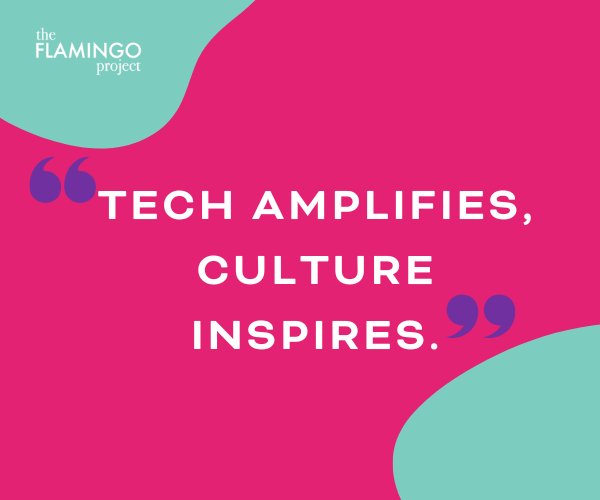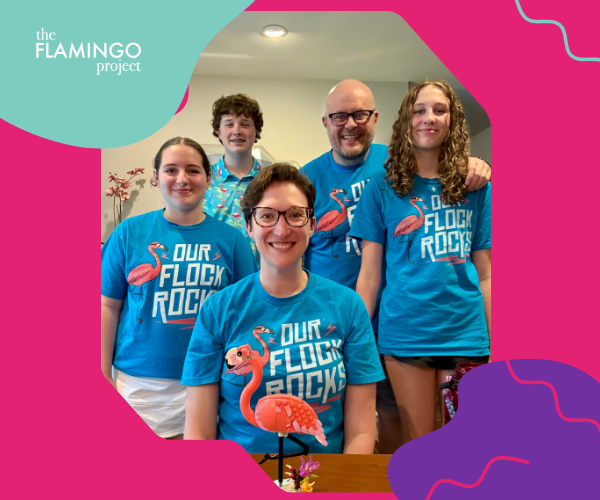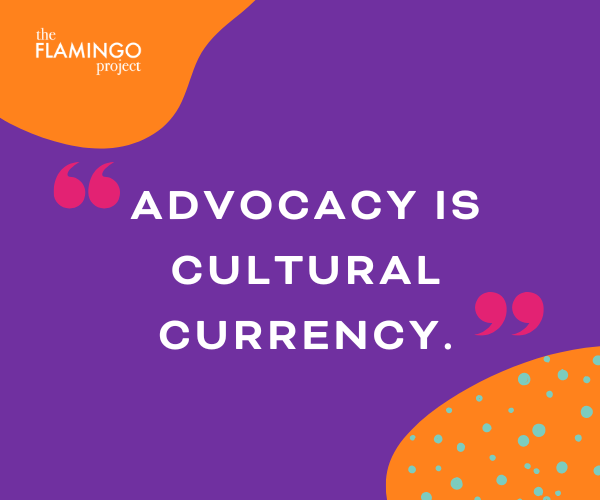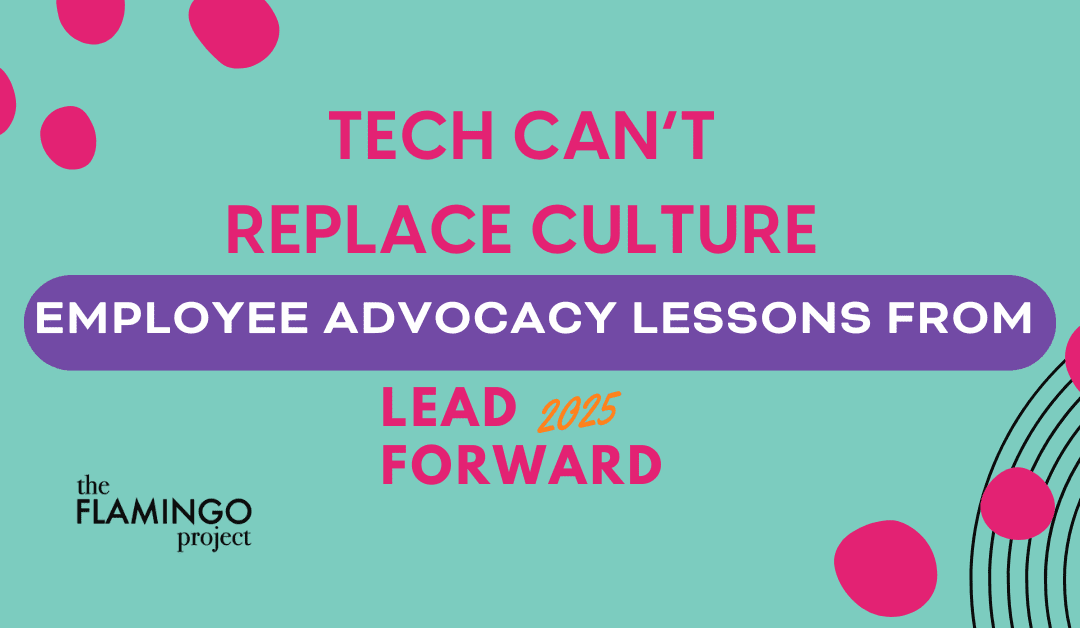Ida Cheinman of Substance151 kicked off a LeadForward session with a powerful conversation about employee advocacy, technology, and culture in AEC firms. She opened with a simple but important question: How do we truly know when employees are proud of their workplace?
Ida’s answer: the signs are everywhere—if we know how to look for them.
That question grounded the entire discussion — and it’s one that continues to ripple through our conversations with leaders across the industry.
This blog explores those insights through a culture-first lens, highlighting how advocacy grows, how technology amplifies it, and what AEC firms can learn from the signals people share every day.
The Promise of Technology
Technology is giving us new ways to support advocacy. One firm shared that they had just rolled out HootSuite Amplify, which helps employees publish company news through their own feeds. Ida also pointed to Qualtrics, which began as an employee and client survey tool and has expanded into programs that help firms track experience and engagement.
These platforms make it easier to measure and share. But Ida’s reminder was clear: technology doesn’t create pride. It only magnifies what’s already happening.
At The Flamingo Project, we observe a similar pattern when discussing AI in strategy and research—tools can accelerate processes. Still, they can’t replace strategy or the human connection behind the work.

The Human Signs of Advocacy
Ida invited us to pay attention to the smaller, human signs that employees are aligned and proud:

- Do they wear a company shirt to a family picnic?
- Do they bring friends and family to company events?
- Do they refer candidates for jobs because they believe in the firm, not just because there’s a bonus?
- Do they talk about your culture in the same way you hope clients will?
These signs aren’t always measured, but they matter. They remind us that culture is the foundation of growth.
This idea ties back to our reflections in Lean Vision: strategy isn’t about piling on more metrics, it’s about clarity. The same holds true for advocacy—look for the moments that reveal connection.
Where Tech and Culture Intersect
When culture is healthy, technology can extend that pride. A tool like Hootsuite Amplify makes it easier for employees to share what they already feel excited about. Qualtrics can capture feedback and help leaders see patterns.
But tech alone won’t spark advocacy. Culture must come first. Only then can technology do the work of amplification.
This is why, in our strategic growth planning, we often start by asking leaders to listen—really listen—to what employees and clients are saying. Much like empathy mapping, this practice uncovers truths that no platform can generate on its own.

“Do they wear your company T-shirt?”
The Bigger Picture—Visibility and Growth
Ida also reminded us that technology isn’t just about internal advocacy. Search engines are shifting the way results are presented, reshaping how clients find us in the first place. SEO, AIO, and analytics may seem like background tools, but they are quietly rewriting the rules of visibility.
This will be the focus of our next blog—how firms can prepare for the new search landscape. For now, it’s worth remembering: technology matters, but strategy comes first. As we’ve said before, navigating market shifts requires learning to see the patterns behind the data.
Employee advocacy is one of those patterns. It’s visible in small acts of pride and amplified (and measured) by technology when culture is strong. At the same time, digital tools are reshaping how firms show up to clients online. Both remind us that technology is never the starting point—people are.
Interested in this conversation? Our next LeadForward cohort begins in January 2026. Complete the form to secure your spot and join AEC leaders exploring growth in new ways.

Want even more?
If you’re looking to bring these ideas into your firm or event, reachout to Sarah to discuss options for helping your team!
Your people are your strategy
Employee advocacy is a sign of a strong culture—and a smart growth plan.
Subscribe to our newsletter for practical tools and ideas to keep people at the center of your strategy.

